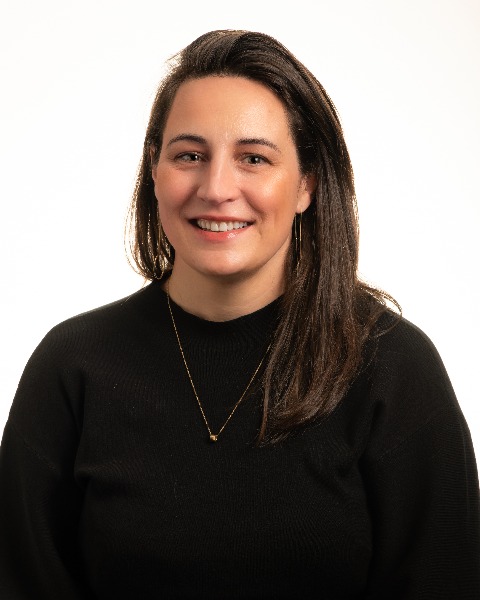Nursing Symposium
Poster Session 1
NSP-08: Co-designing a pilot patient support program (PSP) for a multiple myeloma (MM) therapy prior to listing on the Pharmaceutical Benefits Scheme
Wednesday, September 27, 2023
1:30 PM - 2:30 PM EEST


Emma-Jane L. Furphy, MSc
Specialist Myeloma Nurse and Special Projects
Myeloma Australia
Burnley, Victoria, Australia
Introduction: Myeloma Australia (MA), a non-profit support organisation, identified poor uptake of traditional pharmaceutical company facilitated patient support programs (PSPs) when the program is designed with a single drug focus and does not follow the patient beyond progression. MA together with Antengene (AUS) Pty Ltd, a biopharmaceutical company, co-designed a PSP for patients with relapsed/refractory MM (RRMM) who were prescribed XPOVIO® (selinexor) in combination with dexamethasone (Xd). Given that XPOVIO is a novel anti-myeloma drug available in Australia, the PSP aimed to enhance patient education and support their hospital-based treating teams for achieving optimal patient outcomes.
Methods: Review of existing PSPs was conducted, including multi-disciplinary advisory boards including haematologists, nurses and pharmacists. MA and Antengene worked together with a behavioural change organisation, Atlantis Health, to review patients’ key needs at the time of XPOVIO® therapy. The program designed would support patients at key time points throughout their treatment and beyond, that would be complimentary to the care provided by their hospital-based treating team.
Results: 14 RRMM patients (8 male and 6 female) prescribed Xd via an access program were enrolled into the X-TEND program (age range 47-85 yrs). Patients received contact from a specialist MA nurse at baseline and at defined intervals. Average call duration was 20 mins. Topics discussed included management of adverse events, general physical wellbeing, and psychosocial support. Average time on XPOVIO was 141 days and patients could remain on the program once therapy has ceased.
Conclusions: X-TEND is a comprehensive PSP that provides one-on-one bespoke support to patients on Xd regimen. It provides education on side-effect management, ensures the patient has a better understanding of their disease and offers unlimited emotional and psychosocial supportive care.
The PSP has filled gaps that the hospital system is not able to fill. MA has plans to replicate this model with other myeloma therapies.
Methods: Review of existing PSPs was conducted, including multi-disciplinary advisory boards including haematologists, nurses and pharmacists. MA and Antengene worked together with a behavioural change organisation, Atlantis Health, to review patients’ key needs at the time of XPOVIO® therapy. The program designed would support patients at key time points throughout their treatment and beyond, that would be complimentary to the care provided by their hospital-based treating team.
Results: 14 RRMM patients (8 male and 6 female) prescribed Xd via an access program were enrolled into the X-TEND program (age range 47-85 yrs). Patients received contact from a specialist MA nurse at baseline and at defined intervals. Average call duration was 20 mins. Topics discussed included management of adverse events, general physical wellbeing, and psychosocial support. Average time on XPOVIO was 141 days and patients could remain on the program once therapy has ceased.
Conclusions: X-TEND is a comprehensive PSP that provides one-on-one bespoke support to patients on Xd regimen. It provides education on side-effect management, ensures the patient has a better understanding of their disease and offers unlimited emotional and psychosocial supportive care.
The PSP has filled gaps that the hospital system is not able to fill. MA has plans to replicate this model with other myeloma therapies.
